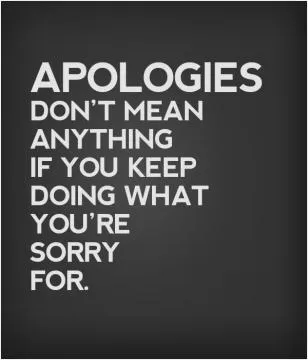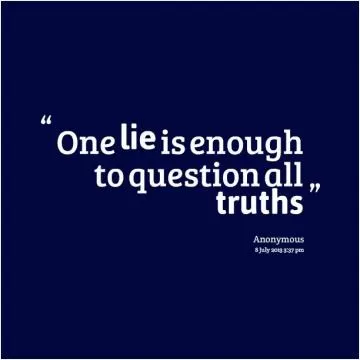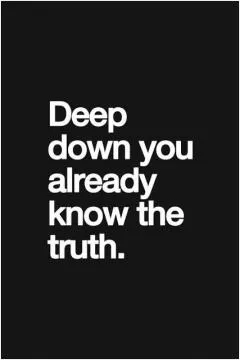He is most cheated who cheats himself

He is most cheated who cheats himself
The proverb "He is most cheated who cheats himself" is a powerful reminder of the consequences of dishonesty and self-deception. It serves as a warning that those who engage in deceitful behavior ultimately harm themselves the most. This proverb emphasizes the idea that when we deceive others, we are also deceiving ourselves and ultimately undermining our own integrity and well-being.When we cheat others, we may gain temporary advantages or benefits, but in the long run, we are only hurting ourselves. By engaging in dishonesty, we are compromising our own values and morals, which can lead to feelings of guilt, shame, and self-doubt. This internal conflict can have a detrimental impact on our mental and emotional well-being, causing stress, anxiety, and a loss of self-respect.
Furthermore, when we cheat ourselves by engaging in deceitful behavior, we are also limiting our personal growth and potential. By taking shortcuts or cutting corners, we are depriving ourselves of the opportunity to learn and grow from our experiences. We are also hindering our ability to build trust and credibility with others, which is essential for forming meaningful relationships and achieving success in both personal and professional endeavors.












 Friendship Quotes
Friendship Quotes Love Quotes
Love Quotes Life Quotes
Life Quotes Funny Quotes
Funny Quotes Motivational Quotes
Motivational Quotes Inspirational Quotes
Inspirational Quotes